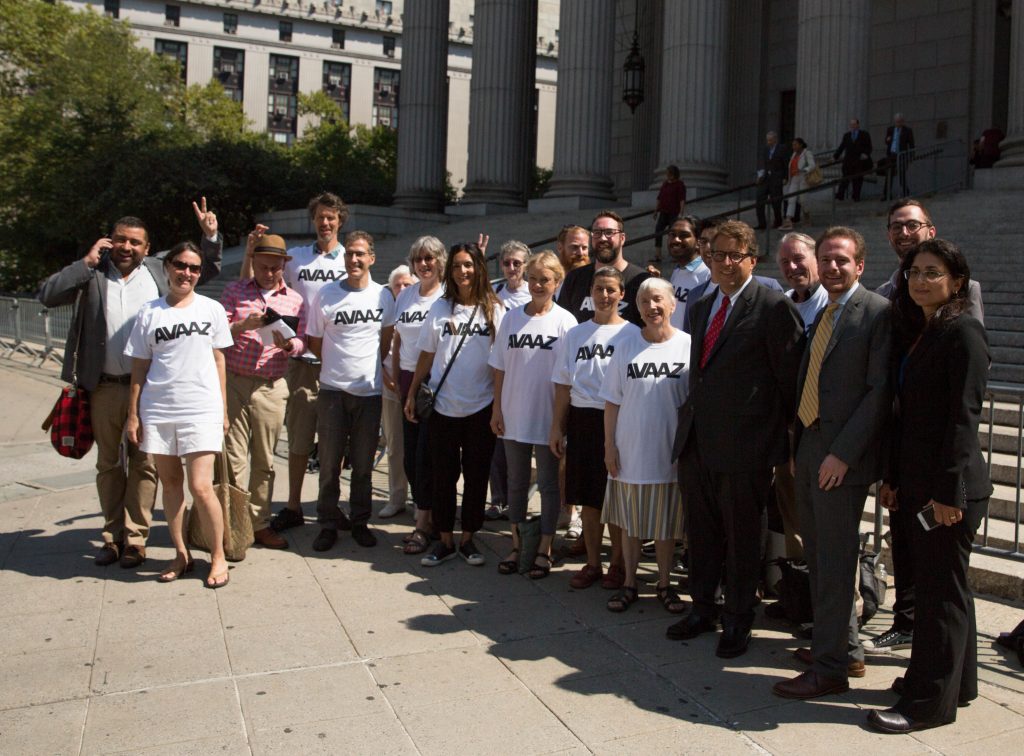ECBAWM, Avaaz Defeat “Chilling,” “Overbroad,” “Utterly Irrelevant” Monsanto Subpoena
- September 7, 2018
In a victory for the First Amendment, a New York judge granted ECBAWM’s motion on behalf of the Avaaz Foundation, a global civic movement, to quash a sweeping document subpoena issued by the Monsanto Company, the multi-billion-dollar agricultural and biotech giant. The subpoena sought access to three-and-a-half years’ worth of Avaaz’s confidential political communications, internal strategy memos, and campaign plans – its political “playbook,” in the judge’s words – for its ongoing, worldwide effort to persuade governments around the world to ban the chemical agent glyphosate, the active ingredient in Monsanto’s Roundup® products. The International Agency for Research on Cancer has concluded that glyphosate is “probably carcinogenic to humans,” and a California jury recently found that Roundup® caused a school groundskeeper’s non-Hodgkin’s lymphoma.
In quashing the subpoena, Justice Shlomo Hagler of the New York County Supreme Court ruled that Monsanto’s request would have a “tremendous chilling effect” on the protected First Amendment activities of Avaaz and other civic organizations. Giving Monsanto access to Avaaz’s internal communications, Justice Hagler explained, would discourage Avaaz and its members from participating in “a movement they feel is just and right.” Justice Hagler also ruled that the documents Monsanto sought were “utterly irrelevant” to a Missouri lawsuit for which it purportedly sought them. If enforced, the subpoena would have required Avaaz to produce its campaign plans, strategy deliberations, and research to Monsanto. ECBAWM attorneys Andrew G. Celli, Jr. and Doug Lieb represent Avaaz in this matter.
Law360, The Guardian, DownToEarth magazine, EcoWatch, and other media outlets have been following the case.



